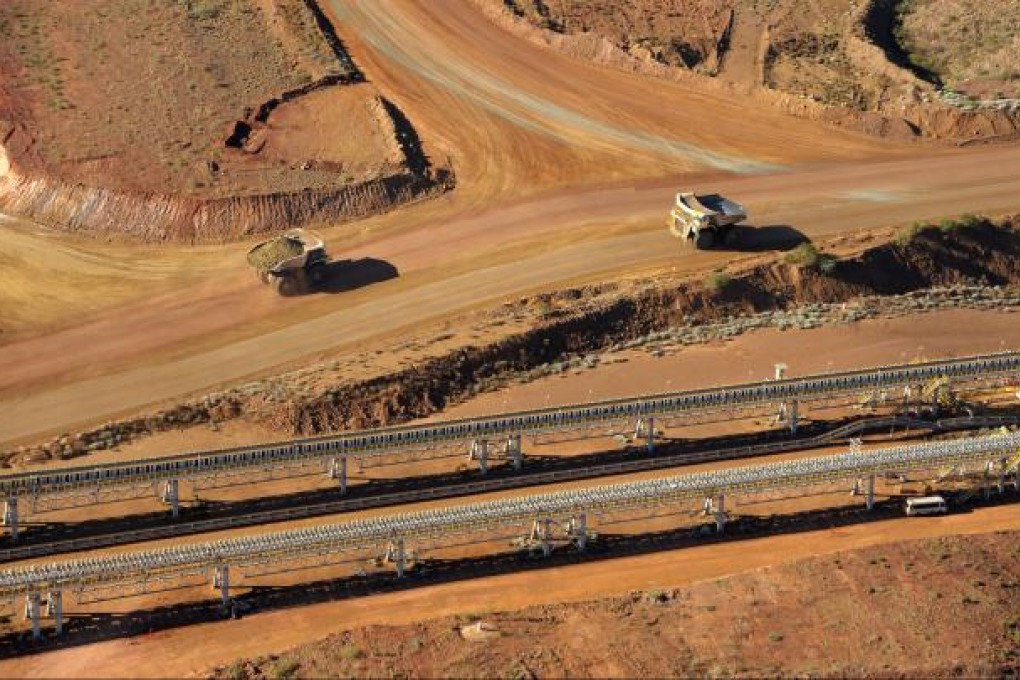MCC blows budget on iron ore mine, again
Construction firm tells miner Citic Pacific that a new financial plan agreed to a year ago is still not enough to get Australian project on track

It's happened again. Citic Pacific, the state-backed conglomerate building Australia's largest magnetite iron ore project, and its contractor Metallurgical Corporation of China (MCC), disappointed the market last week by announcing that the project is over budget for a fourth time.
The size of the final cost-overrun of the Sino Iron project in Western Australia is uncertain, as only one production line is finished and the second line is due to come on stream in May.
Another four production lines need to be installed by the end of the year to make their commissioning target of early next year. While this will be managed by Citic Pacific, units of MCC will be invited to bid for the work. Ancillary infrastructure common to all six lines has been finished.
MCC, the engineering, procurement and construction contractor, said last Wednesday that the US$3.4 billion budget agreed with Citic Pacific just over a year ago was insufficient, and MCC had advanced the project US$858 million to finish it.
But instead of talking directly to Citic Pacific, MCC said that "for the purpose of controlling project costs and pressing ahead with the project" it would negotiate with parent Citic Group.